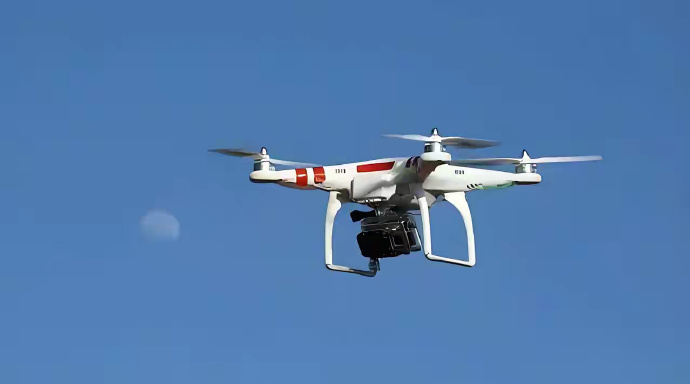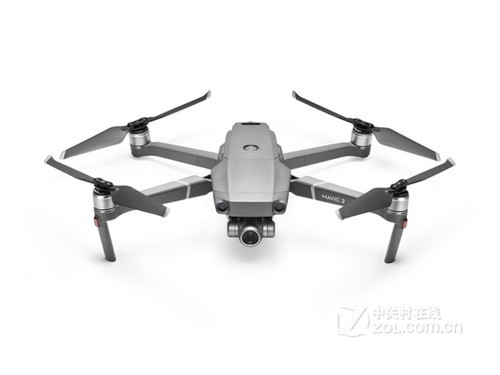For drone enthusiasts, understanding drone laws is crucial to avoid legal issues and ensure a safe flying experience. Whether you’re using drones for recreational purposes or professional photography, knowing the regulations in your country or state will save you a lot of trouble. So, what should you be aware of when it comes to drone rules and policies?
Registration and Licensing
One of the first steps to legally flying a drone is knowing whether you need to register your drone with the relevant authorities. Drone registration often depends on the weight and intended use of the drone. In many countries, drones over a certain weight require registration. Additionally, if you are using your drone for commercial purposes, you may also need a specific license or certification. Ensuring your drone is properly registered and licensed can prevent fines and penalties.
Airspace Restrictions
Airspace restrictions are another critical aspect of drone laws. Certain areas are off-limits for drone flying including near airports, military installations, and even some national parks. It’s vital to check airspace maps and regulations in your area before taking off. Flying in restricted airspace can not only lead to costly fines, but can also risk the safety of others, both in the air and on the ground.
Privacy Concerns
Understanding the privacy laws related to drone operation is essential. Drones equipped with cameras can inadvertently invade privacy, leading to legal consequences. It’s important to respect people’s privacy and avoid flying over private properties without permission. In some jurisdictions, there are specific laws regarding the capture of images and recordings using drones.
Insurance and Liability
Insurance is an often-overlooked aspect by new drone operators. Having liability insurance can protect you in case your drone causes injury or damage to property. Various policies cover different aspects, so it’s wise to consult with insurance providers to find one that suits your needs. Not only does this provide a layer of financial protection, it also demonstrates a responsible approach to drone flying.
Operational Guidelines
- Most countries have specific guidelines regarding the altitude at which drones should operate. Flying too high could interfere with conventional aviation.
- Operators should ensure their drones remain within line of sight. This means keeping your drone visible and controllable at all times.
- Adhering to no-fly times and zones, especially during events where congestion in the airspace is expected.

Being familiar with operational guidelines for drones will help you avoid mishaps and safeguard others.
Technological Compliance
Some laws may require drones to be equipped with specific technology that aids in identification and location settings. This is especially true for commercial drones. Ensure your drone complies with such requirements as failure to do so can lead to legal complications.
FAQs
Do I need a license to fly a drone?
It depends on whether you’re using it for commercial purposes or as a hobby. Many countries require a license for commercial drone operations.
Can I fly my drone anywhere?
No, airspace restrictions are in place to ensure safety. It’s important to check local regulations to see where you can legally fly your drone.
What should I do if my drone crashes?
If your drone exceeds the line of sight or crashes, retrieve it immediately if it’s safe to do so. Report any damages or injuries to relevant authorities if necessary.
Understanding drone laws is paramount for every enthusiast looking to responsibly enjoy their hobby or profession. Stay informed, fly safely, and respect both legal boundaries and personal privacy.